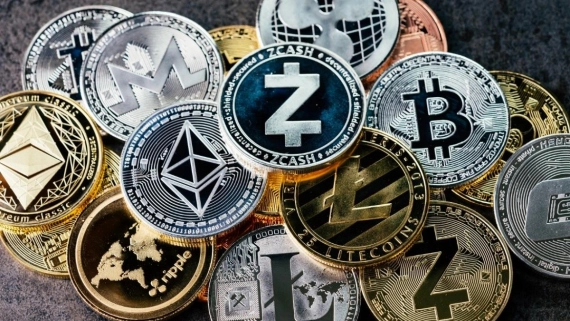

A new law grants the President of the United States extensive powers to block access to digital assets, causing significant concern among commentators on X.
Scott Johnsson, a leading figure in the digital assets field, voiced his criticism of the law on June 6, highlighting its extensive reach:
“It’s hard to see how this isn’t intended to be a user-level ban power by the President on any protocol/smart contract that’s deemed by the Treasury Secretary to be “controlled, operated or [made] available” by a foreign sanctions violator.
Breathtaking scope and implications to corral users to KYC/permissioned chains.”
On June 5, an X user pointed out Senator Mark Warner’s strategic legislative maneuver, which enabled the controversial new powers granted to the U.S. president over digital assets.
The law broadly defines “digital assets,” including any digital representation of value recorded on cryptographically secured distributed ledgers.
“[…] any communication protocol, smart contract, or other software […] deployed through the use of distributed ledger or similar technology; and […] that provides a mechanism for users to interact and agree to the terms of a trade for digital assets.”
Under this new legislation, the president can block transactions between U.S. persons and foreign entities identified as supporting terrorist organizations.
READ MORE: Crypto Users Warned of New Airdrop Scam Emails After Major Data Breach
This includes imposing stringent conditions on foreign financial institutions maintaining accounts in the U.S. if they are found facilitating such transactions.
“[…] prohibit any transactions between any person subject to the jurisdiction of the United States and a foreign digital asset transaction facilitator identified under paragraph (1).”
Johnsson’s analysis suggests that the law’s broad applicability could push users towards Know Your Customer (KYC)-compliant and permissioned blockchain networks, ultimately restricting them to regulated blockchains.
He warns that this move might be perceived as an effort to control digital assets under the pretense of combating terrorism.
The elements allegedly added by Warner to empower the president are derived from the Terrorism Financing Prevention Act.
Introduced in December 2023, this act allows the U.S. Treasury Department to address “emerging threats involving digital assets.”
To submit a crypto press release (PR), send an email to [email protected].
Disclaimer: This article is provided for informational purposes only. It is not offered or intended to be used as legal, tax, investment, financial, or other advice.
Read on Crypto Intelligence Investment Disclaimer






